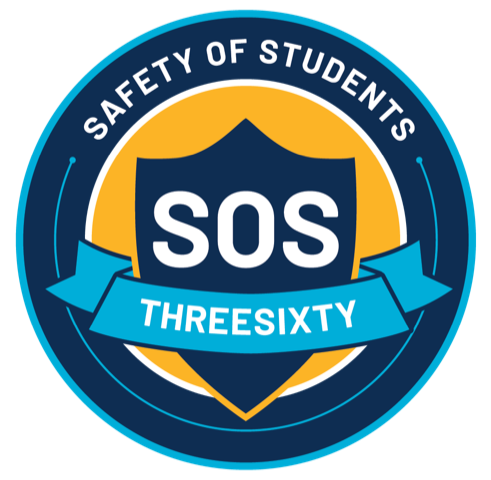The Challenge: How do you really know that you’re hiring the right teacher?
Have you ever had to hire a teacher urgently?
Maybe right before school starts?
Or, another teacher decided to retire a year early.
Perhaps your school is growing and you need to hire more teachers.
Regardless of the reason you need to hire, how do you ensure that when you do make a decision to bring someone new into your school community, you aren’t missing indicators of problematic behavior?
You want to hire teachers with the best intentions who adhere to ethical standards, professionalism and are safe to work around children.
How do you have confidence that your final candidate is really the best fit?


